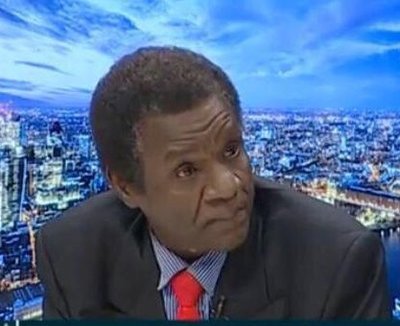Is Sudan’s war approaching its end or still in its early phase?
By Trayo A. Ali
[email protected]
Strangely described by the belligerents themselves as a “senseless” war, and while everyone is hoping for and striving to see a quick end to Sudan’s ongoing conflict (which erupted on April 15, 2023), the question remains: is the fight close to an end, or is it still in its early stages?
The relevancy, or rather objectivity, of this question, arises from a combination of historical facts, concrete realities, and relevant indicators. The answer regarding the possible longevity or brevity of the war and its ramifications on civilians will depend on the indicators and facts on the ground.
Historically, since Sudan’s independence in 1956, the country has effectively been in a state of perpetual war. There was the South Sudan war that began in 1955 and ended in 2005 with secession. Then there’s the ongoing war in the Two Areas (the Nuba Mountains and the Blue Nile), which began in 1983. Additionally, the Darfur war broke out in 2003 and is now in a state of relative dormancy (at the very least, that’s the description).
Considering the dynamics of the current war, one cannot ignore the following realities on the ground and how they are shaping the direction and trend of events.
First, parties possess the so-called “surplus power” (heavy weapons, human, and logistical resources), and the belligerents display intransigence, insisting on eradicating and/or eliminating each other. They are unwilling to observe the so-called truces, which they repeatedly violated, resulting in failures (so far exceeding more than fourteen ceasefires). The parties’ positions are also irreconcilable. The public holds a lukewarm attitude toward the war. The multiplicity of negotiation tracks and the divergent views of the mediators are leading to a more fragmented state of affairs than a unified position that can leverage any influence to oblige the belligerents to succumb unto reason. Obviously, external support has continued to flow to the parties, while “impunity” is allowed to perpetuate. Furthermore, there is an absence of any vibrant civilian force to campaign to stop the war. The urban nature of warfare makes it difficult for any party to gain quick and decisive control. Lastly, wars in the Two Areas of the Nuba Mountains, the Blue Nile, and Darfur persist.
Unfortunately, each of these factors has the potential to perpetuate the war. The only way to neutralize the effectiveness of these factors is to increase international pressure, including the imposition of severe sanctions and expediting international justice to deter hardliners. Otherwise, if things remain as they are, how can one rule out the elongation of the war?
All actors and stakeholders involved, especially the Sudanese, should take note that wars in Sudan, despite their “peripheral nature” and regardless of their root causes, have persisted for decades. The war in South Sudan took a good seven decades before it ceased with separation, while those in the Two Areas and Darfur have been ongoing for more than two decades and remain either active or, at best, in a state of relative dormancy, with the potential to erupt again. What then will be the story of the current war, which is being described as the “crown of all wars” or better named the “Mother of all wars” that culminated and erupted in the “Center”?

